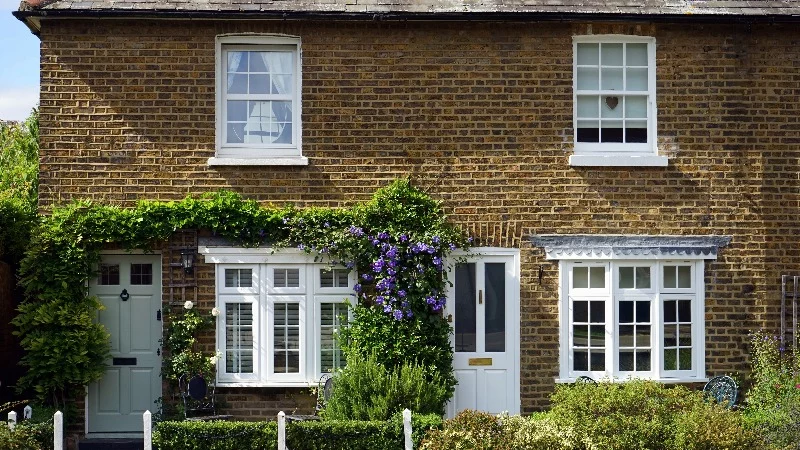Lack of Building Regulation certification – why legal indemnity policies may not be the cure

It is quite common for property lawyers to identify that a property has been structurally altered without the necessary Building Control certification having been issued.
What are the options?
- Do nothing and proceed. This may expose the buyer to various consequences. First, if the offending works lead a buyer having to put in a buildings insurance claim, the insurer may refuse to pay out if they do not have the appropriate Building Regulations certificate of completion. Second, doing nothing puts the buyer at risk due to potential poor build quality of the works. Third, it may expose the buyer to discovery by the Local Authority resulting in official (and probably costly) intervention. The Local Authority has a certain enforcement period to comply with however, unlimited injunction powers prevail if there is danger to health and safety.
- Apply to the Local Authority for retrospective inspection and certification. This could take time, though each Local Authority varies. Depending on the nature of the work, the Local Authority may insist that further structural works are undertaken in line with current Building Regulations. This undoubtedly will increase costs and cause a delay to the transaction, but ultimately this is the best course of action for a buyer.
- Obtain indemnity insurance. The most common avenue is for the seller’s property lawyer to offer indemnity insurance for lack of building control certification
Indemnity insurance policies only deal with enforcement action by the Local Authorities but do not address the question whether the offending works were carried out to a high build standard. A remedy will note be provide is the works if they present a danger to health and safety.
However, if the buyer is not concerned with the build quality, only the lack of Building Control certification, then it also should be recognised that that each insurer (many insurance companies offer these policies) all have varying qualifications for the valid inception of a policy. Occasionally, the detail and insurer requirements can be overlooked, and can include:
- Usually, no policy should be issued within the 12 months of the uncertified works, and some policies require the property itself to be at least 4 years old.
- If the buyer later carries out additional building works the policy may be invalidated, unless prior consent is obtained from the insurer.
- If the Local Authority has previously refused to certify the works under Buildings Regulations, it is likely that the policy will be considered invalid.
- The policy usually only covers ‘enforcement’ action (statutory enforcement notice or injunction) not any other investigation.
- Some polices require a valuation or survey to have been first carried out on the Property and there must be no remedial action recommended in any valuation/survey in respect of the offending works.
Indemnity insurance, therefore, does not provide a true solution to uncertified building work. You are advised to consult a structural surveyor to advise upon the quality of any building work before considering the best way forward for you and your property purchase.
If you are looking for conveyancing services in the South, our expert residential property solicitors based in Salisbury, Southampton, Poole, Bournemouth and Winchester are on hand to provide you with the legal help and guidance you need. Don’t hesitate to contact Partner and Property Solicitor Lucy Spollin on 01202 339006 or contact us here.















